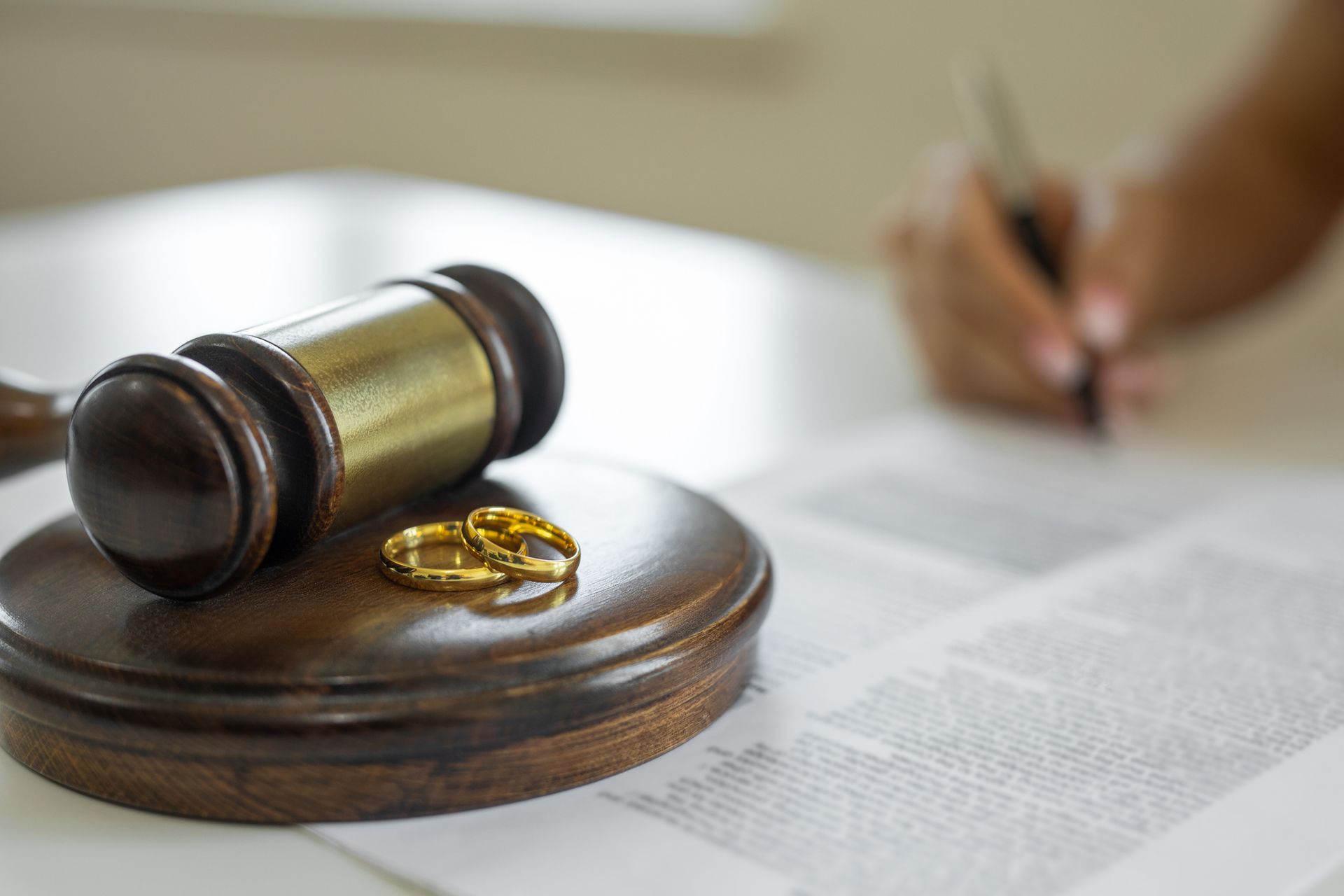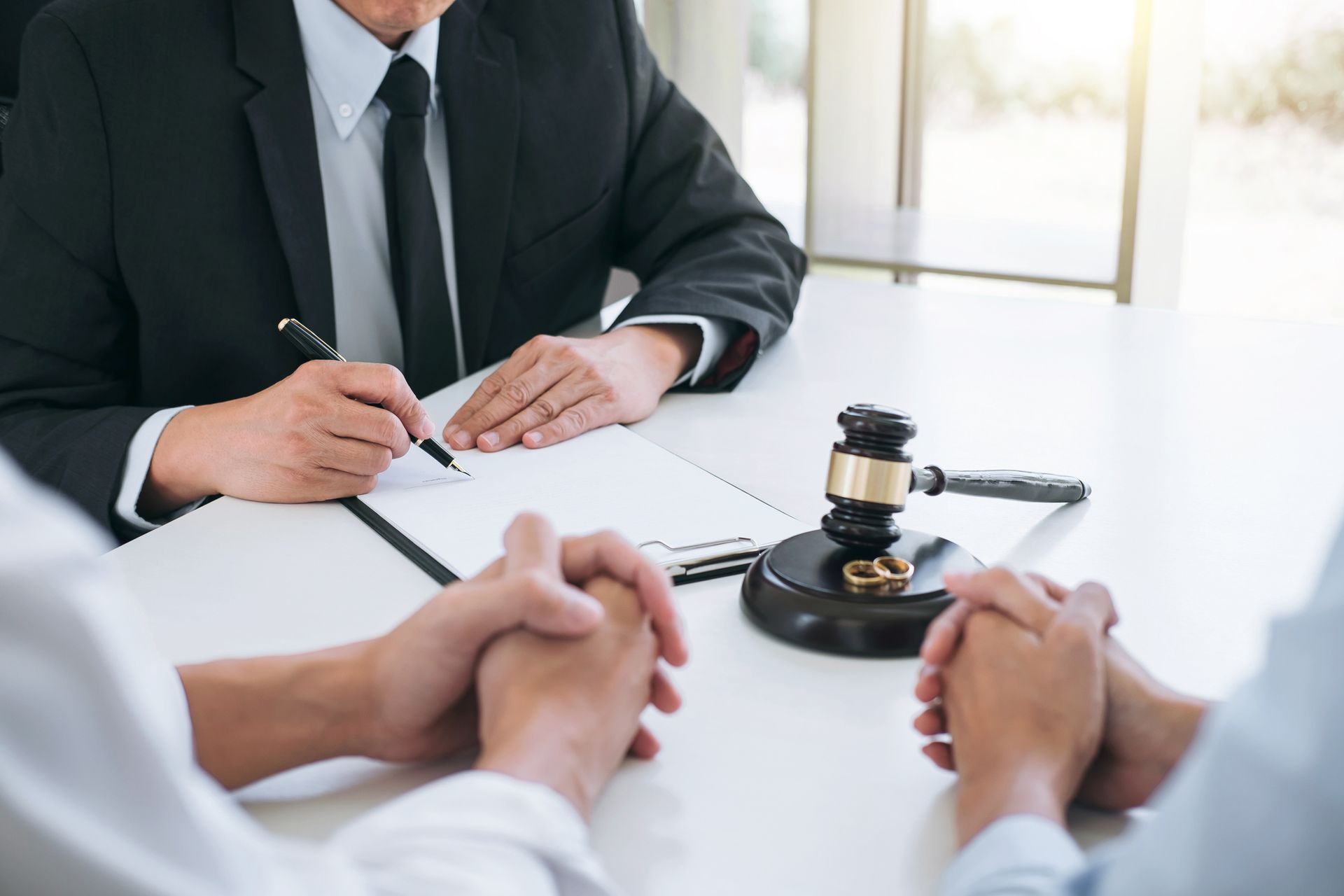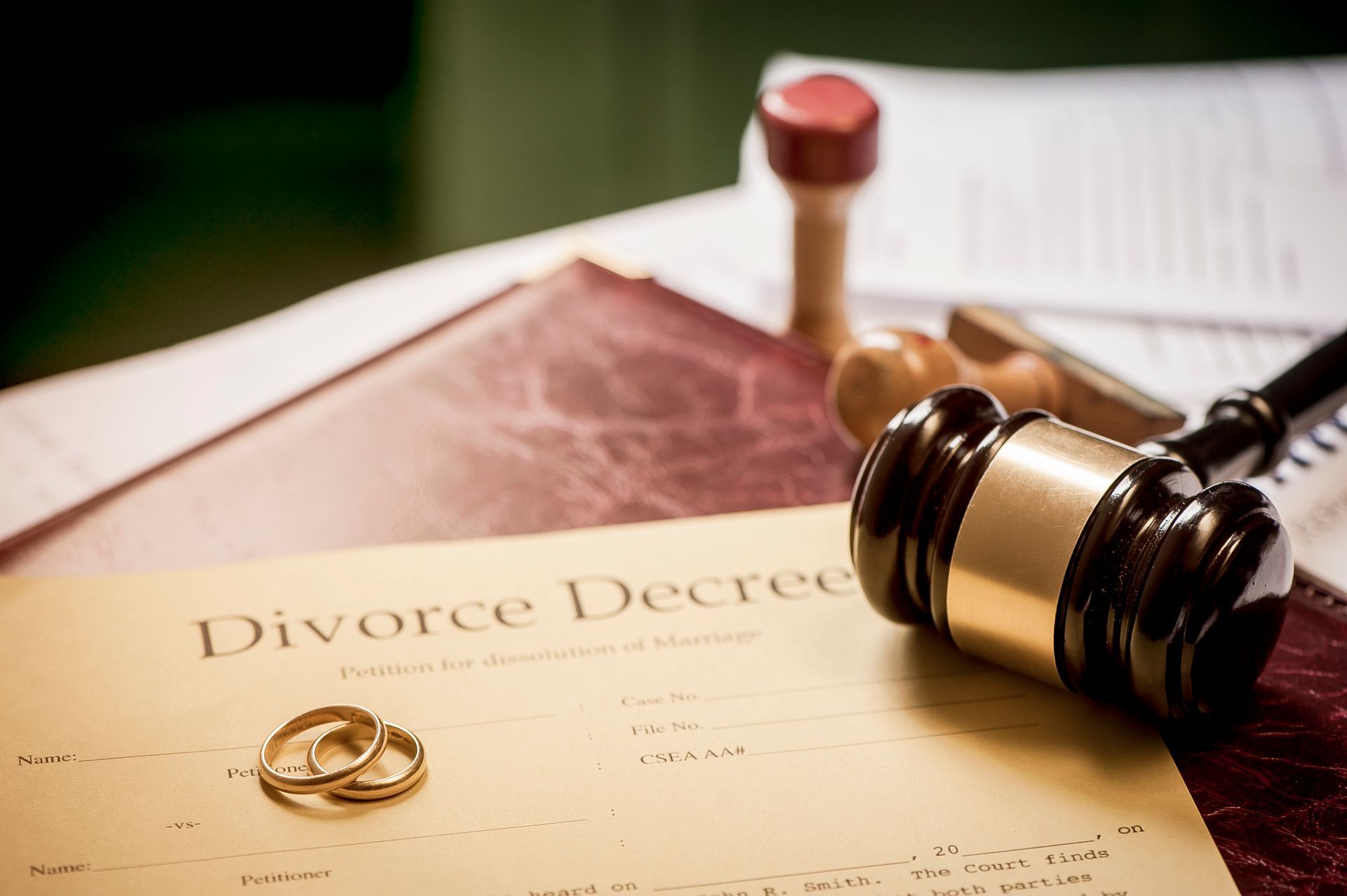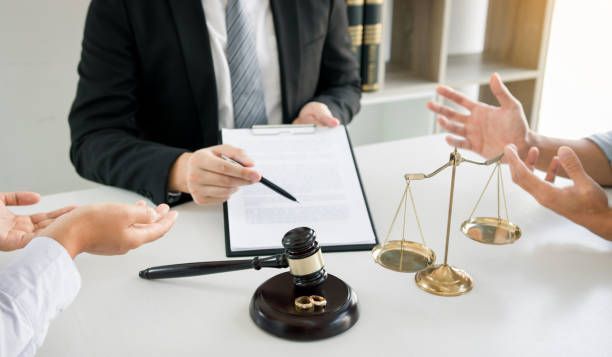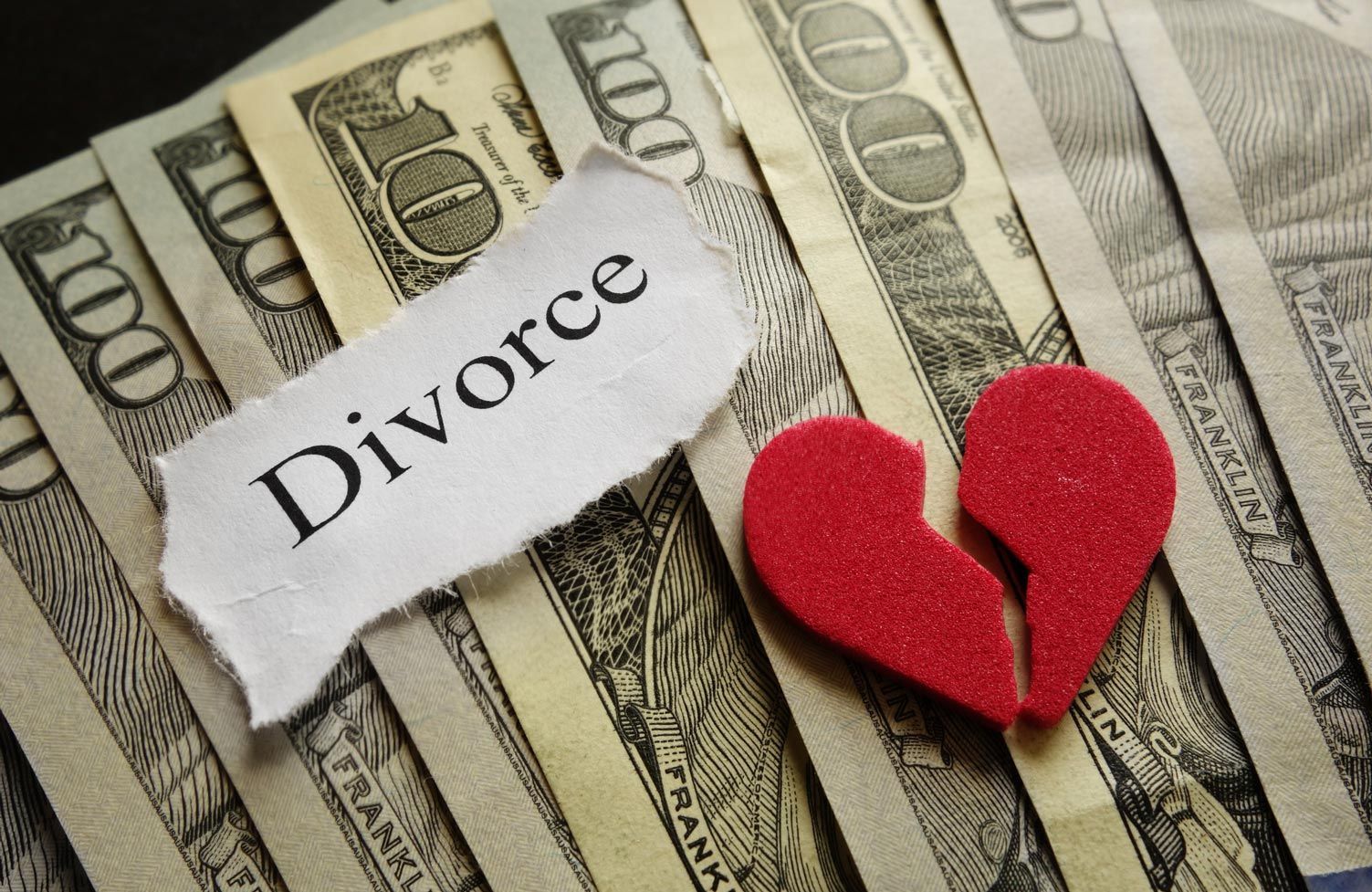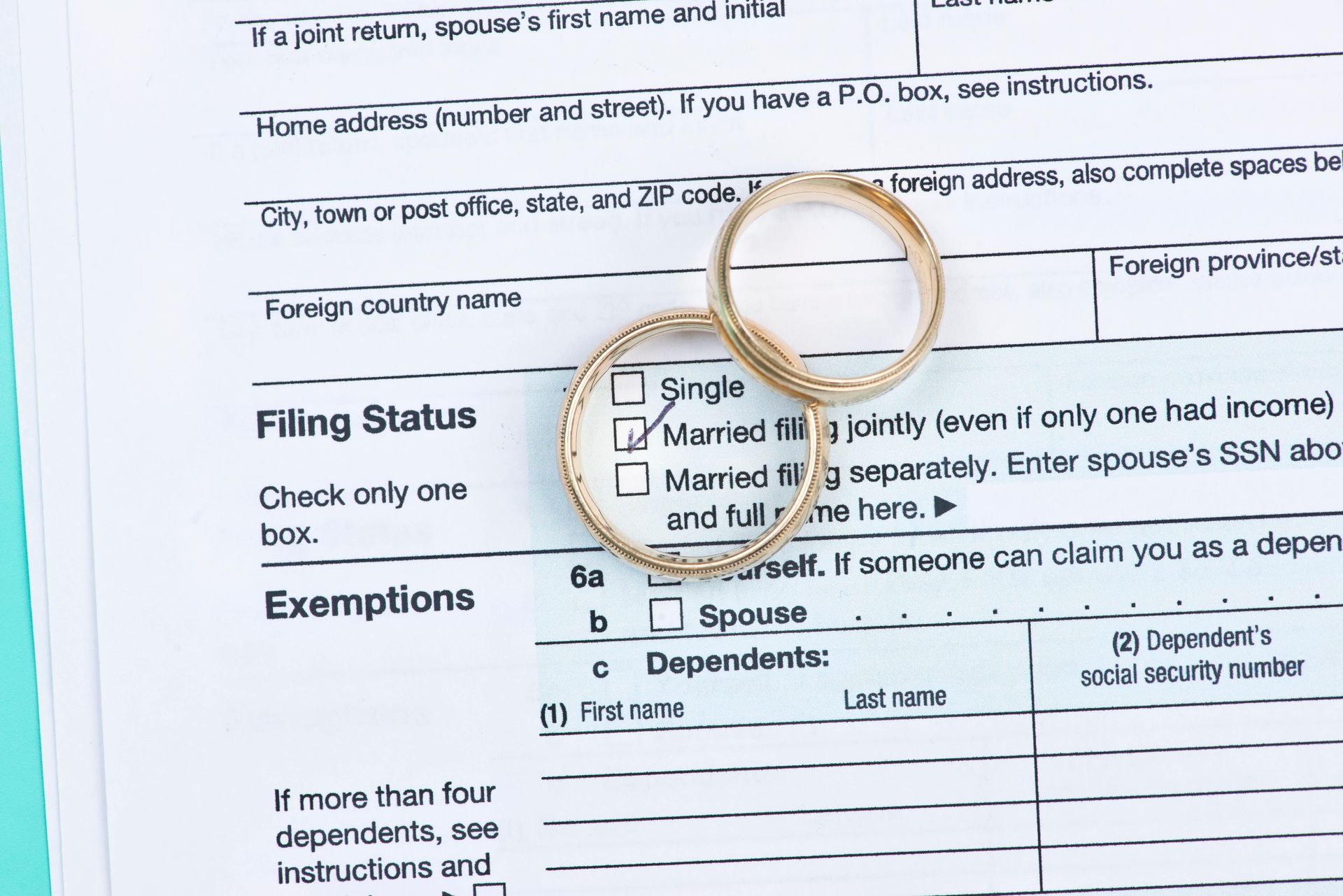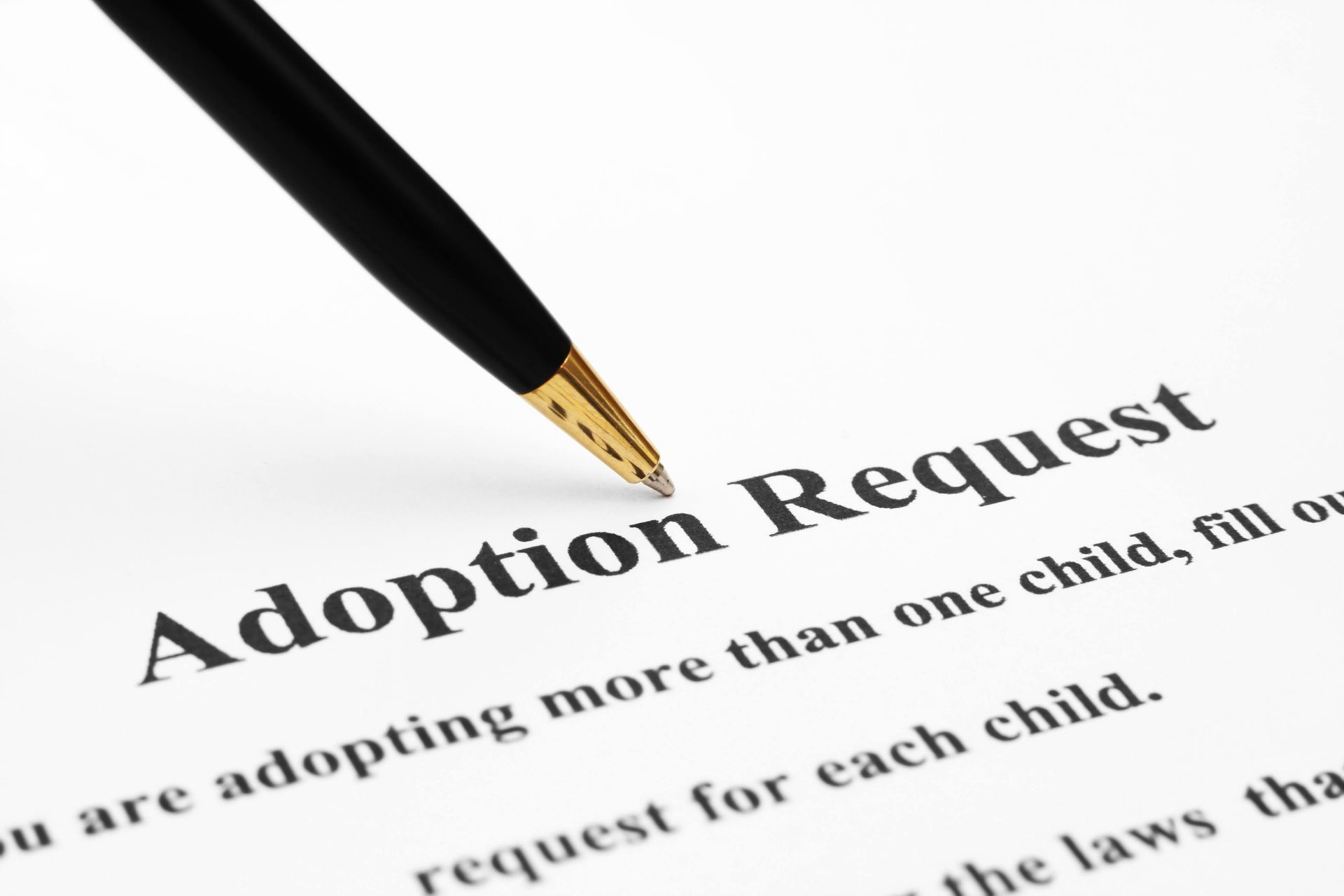When and How to File for Bankruptcy
Filing for bankruptcy may be inevitable if you can't settle your debts. The bankruptcy application will help you to avoid foreclosure and stop harassment from creditors. However, bankruptcy also has serious consequences for your financial well-being. Hence, you need to understand when it's absolutely necessary to apply for bankruptcy.
Here is what you need to know about filing for bankruptcy.
How to Avoid Bankruptcy
Exhaust all debt relief avenues before you file for bankruptcy. Start with budgetary changes to see if the financial situation improves. You can also take a consolidation loan to pay off some of the most urgent debts.
Another important step is to contact a debt counselor, even if you plan to file for bankruptcy. Since paying a counselor may be difficult, work with a nonprofit debt counselor. You will receive advice about debt management, common relief strategies, and filing for bankruptcy. Some debt counselors can even review your budget and recommend possible changes.
Another key action is to reach out to a bankruptcy lawyer. Some bankruptcy attorneys offer free initial bankruptcy advice and can provide a general assessment of your bankruptcy application.
Other things you should do before you file for bankruptcy include:
- Apply for an extra job to increase your income.
- Reach out to creditors and try to get new loan terms.
- Get advance payment from your employer or clients.
If you realize that there's no other option other than filing for bankruptcy, stop paying the creditors at once. Also, don’t take on new loans or use your retirement money.
How to File for Bankruptcy
Your creditors will stop dealing with you immediately after you file for bankruptcy. The creditors can't call you to demand their money or harass you in any other way. Instead, the court will appoint a bankruptcy trustee to deal with the case.
The trustee will contact your creditors and organize a meeting to discuss your debts. The course of this process depends on whether you filed Chapter 7 or Chapter 13 bankruptcy.
If you choose to file Chapter 7, the trustee will take charge of your assets and may sell them. You are entitled to keep some assets, such as essential clothing, but the exempt assets depend on state laws. The proceeds from the sale will go to your creditors.
Any outstanding debt will cease to be effective if there are no more assets to sell. However, you may still have to settle any reaffirmed debts.
Another option is to file for Chapter 13 bankruptcy. This option is ideal if you want to retain ownership of some of your assets.
Chapter 13 is essentially a repayment plan in which you pledge to pay all your outstanding debts. Choose this avenue only if the value of your assets is greater than your debts.
How to Qualify
Not every debt qualifies for Chapter 7 or Chapter 13 bankruptcy. Some debts that qualify for bankruptcy include personal loans, medical bills, and credit card loans. Debt from contracts and leases may also be eligible for bankruptcy protection.
On the other hand, many other debts don't qualify. Top on the list are alimony and child support. Specific taxes and money owed to the state or federal government may also not be eligible for a bankruptcy filing.
You may also not need to file for bankruptcy if you have a "judgment proof" classification. The classification means creditors can't liquidate your assets to recover their money.
Work With a Bankruptcy Lawyer
Filing for bankruptcy can stop harassment from creditors. This process will go smoothly if you work with John D. Wieser Esq., PC. I will guide you through the bankruptcy process. Reach out for more information.

